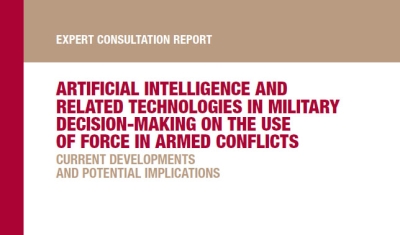Several ad hoc fact-finding and inquiry commissions have been established to assess some of the most serious situations of human rights and humanitarian law violations across the world (e.g. Darfur, Lebanon, Guinea, Georgia, Israel and the Occupied Palestinian Territories, Ivory Coast, Libya and Syria).
With such mechanisms gaining influence, the question arises of whether a minimum formal standard of proof (or degree of certainty) exists or is required when such bodies adjudicate on such serious matters.
This research project assessed a range of mechanisms, starting with formal judicial processes and the ‘natural home’ of standards of proof. After an initial overview, it considered a range of case studies, including ad hoc fact-finding missions mandated by the United Nations, but also the work of non-governmental organizations, regional bodies, international experts and other relevant bodies operating in the international arena that are tasked, to some extent, to make legal adjudications with regard to alleged serious violations of human rights or humanitarian law.
Research Team
This research project was carried out by Amélie Larocque, Jonathan Somer and Stephen Wilkinson.









